Cebu: Where many top PH companies trace their roots
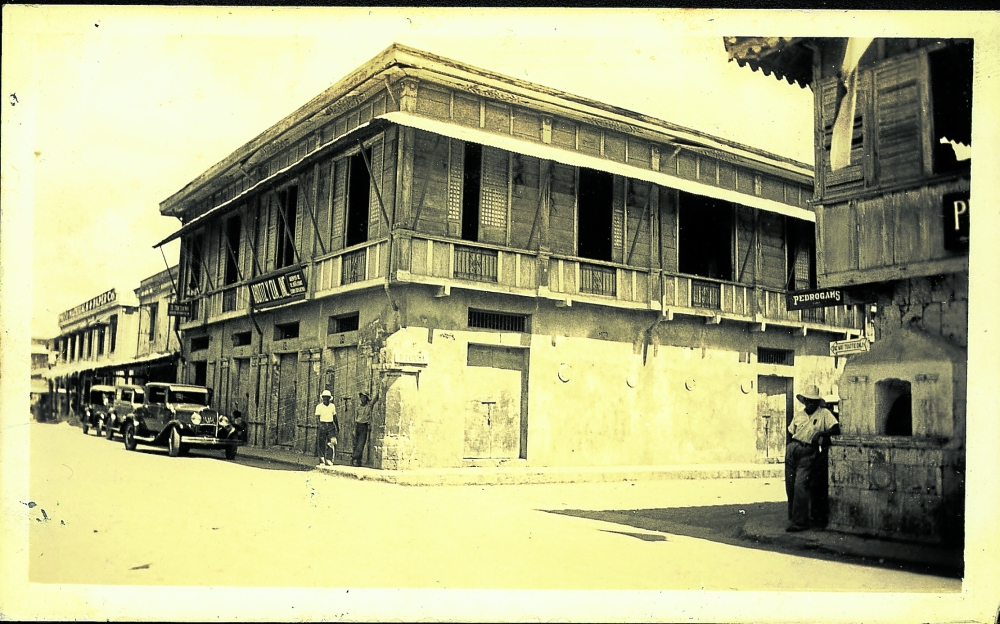
Decades ago, Cebu City was home to who would be known now as some of the most prominent family names in Philippine corporate history.
Located nearly 600 kilometers away from Manila, Cebu is now a sprawling hub of lifestyle, infrastructure and business communities.
Apart from being one of the most attractive tourist destinations in the country, Cebu has also caught the attention of companies, which have long been establishing their own offices there. It is, after all, as rich in history as the country’s capital city.
Courage to dream
Perhaps among the most well-known families in the corporate world are the Gotianuns, whose ancestors settled in Cebu in 1933 and began their journey as traders tested by war but shaped by courage.
This, according to Josephine Gotianun-Yap, daughter of patriarch Andrew Gotianun Sr. and now vice chair of the family conglomerate Filinvest Development Corp. (FDC).
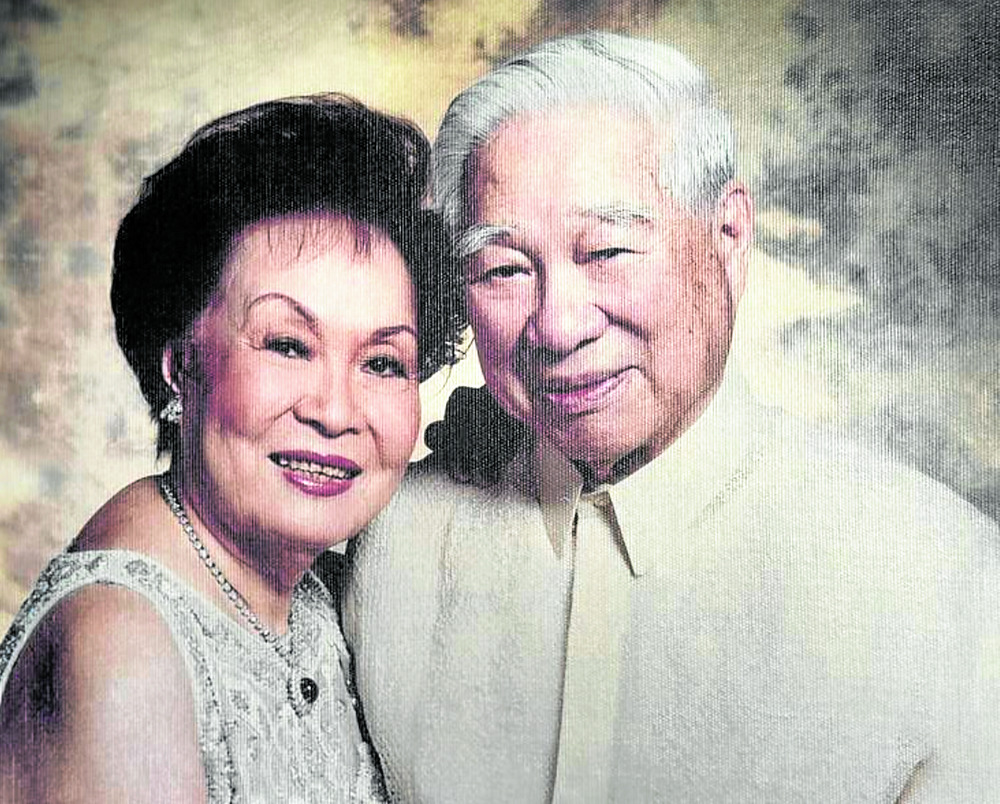
“Passion often grows out of necessity,” Gotianun-Yap tells the Inquirer in an email.
Years before he and his wife, Mercedes, established FDC in Manila, Andrew Sr. learned the value of hard work and frugality in Cebu.
“Early on, he discovered how to spot opportunities, persevere through challenges and believe that with vision and determination, success was always possible,” Gotianun-Yap says of her father.
“My grandfather and father built a shipping business, trading corn and copra with salvaged ships,” she says. “The wars tested them severely, but they endured, drawing strength from the support of those around them.”
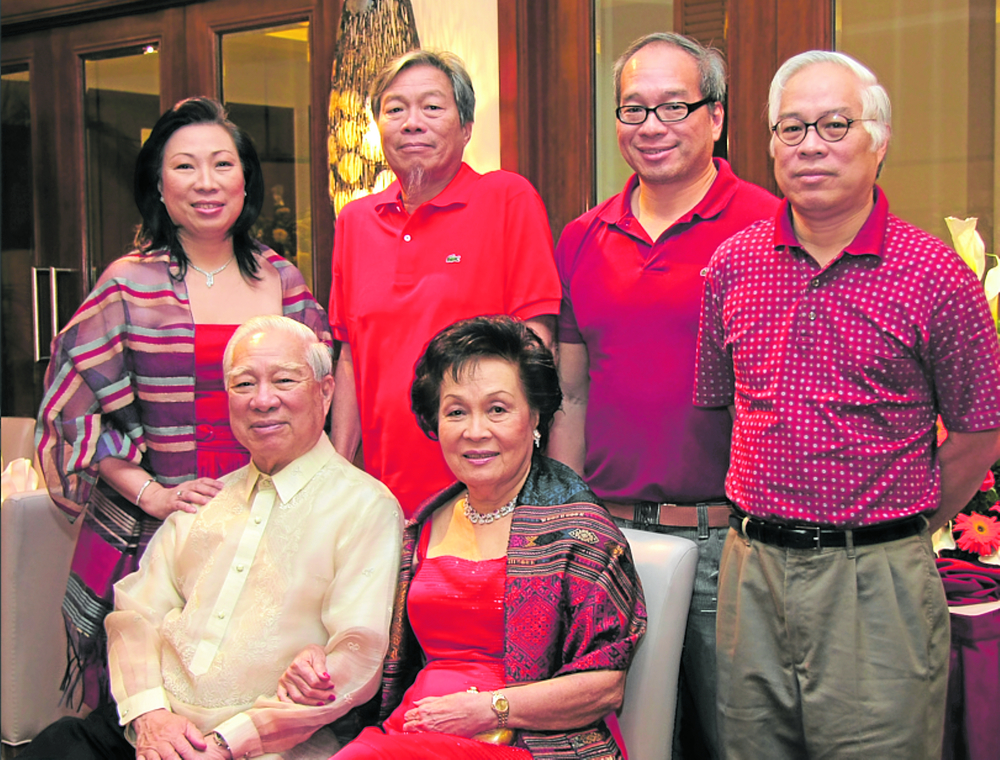
Andrew Sr. and Mercedes soon took the leap of faith in 1955 in Manila, carrying with them Cebu’s legacy. According to Gotianun-Yap, Cebu was the “testing ground” for FDC’s many ventures, including its first real estate project, St. Michael Subdivision in the 1960s.
Later on, it would be the home of the company’s modern and beloved hotel brands, Quest Hotel and Crimson Resort.
Beyond real estate and hospitality, FDC has branched out into other sectors like banking, power and sugar.
“Our Cebu roots continue to shape Filinvest,” Gotianun-Yap says. “They have instilled in us the courage to dream, the discipline to work hard, gratitude for those who journey with us, and above all, a steadfast commitment to nation-building and service to the Filipino community.”
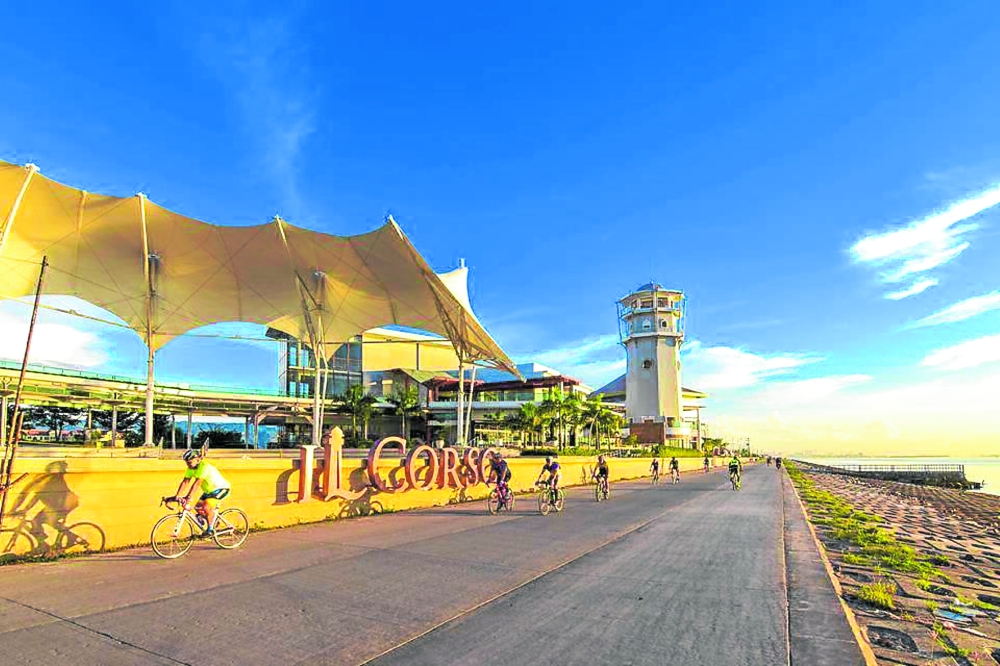
Cebuano through and through
Another true-blue Cebuano is John Gokongwei Jr., founder of conglomerate JG Summit Holdings Inc.
Growing up during the Second World War, Gokongwei learned the ropes of entrepreneurship by trading basic goods on his bicycle and aboard a small boat off the pier of Cebu.
Forced to become the breadwinner when he lost his father in the colonial years, Gokongwei decided to leave his hometown at 22.
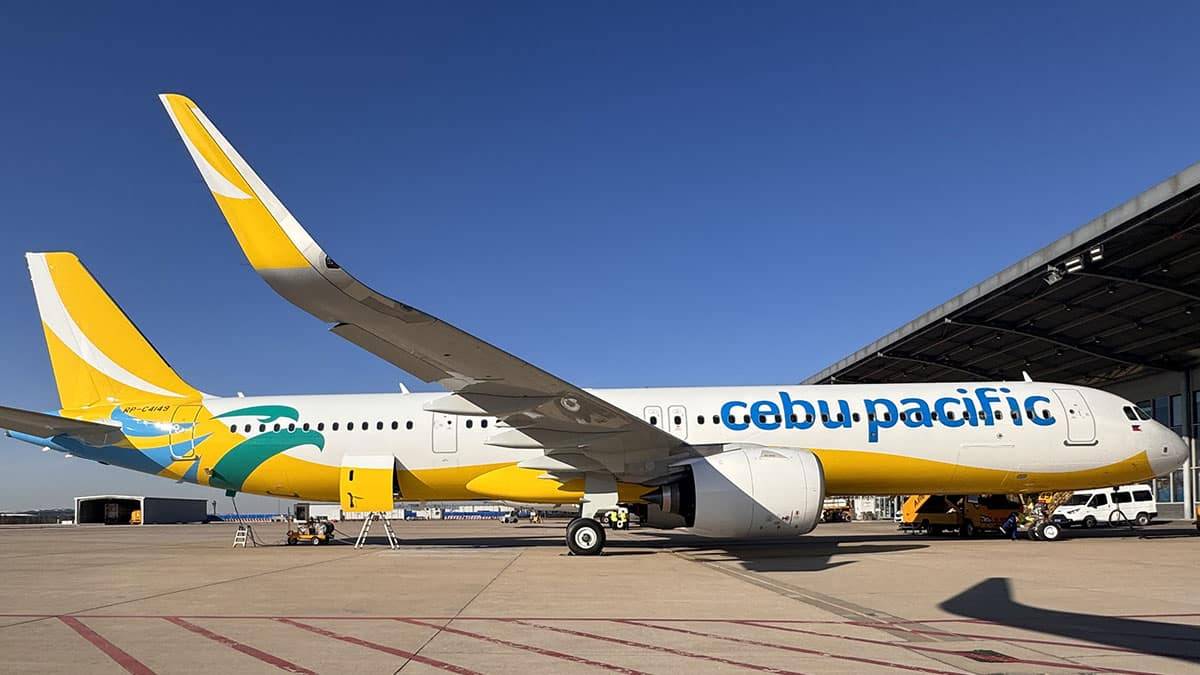
Since establishing JG Summit, and later passing the baton to his children before his death in 2019, Gokongwei has molded the company into a regional player in food and beverage via Universal Robina Corp., aviation through budget carrier Cebu Air Inc., retail through Robinsons Retail Holdings Inc. and real estate via Robinsons Land Corp.
Back in 2015, Gokongwei remained in awe of Cebu.
“In the last 10 years, growth in Cebu has been fantastic. I can’t even recognize it anymore,” Gokongwei said back then.
Spain to Leyte
The Aboitiz family is another prominent name to have history in Cebu. Established in the late 1800s as an abaca-trading and general merchandise business by Paulino Aboitiz, Aboitiz Equity Ventures (AEV) started out as Aboitiz & Co.
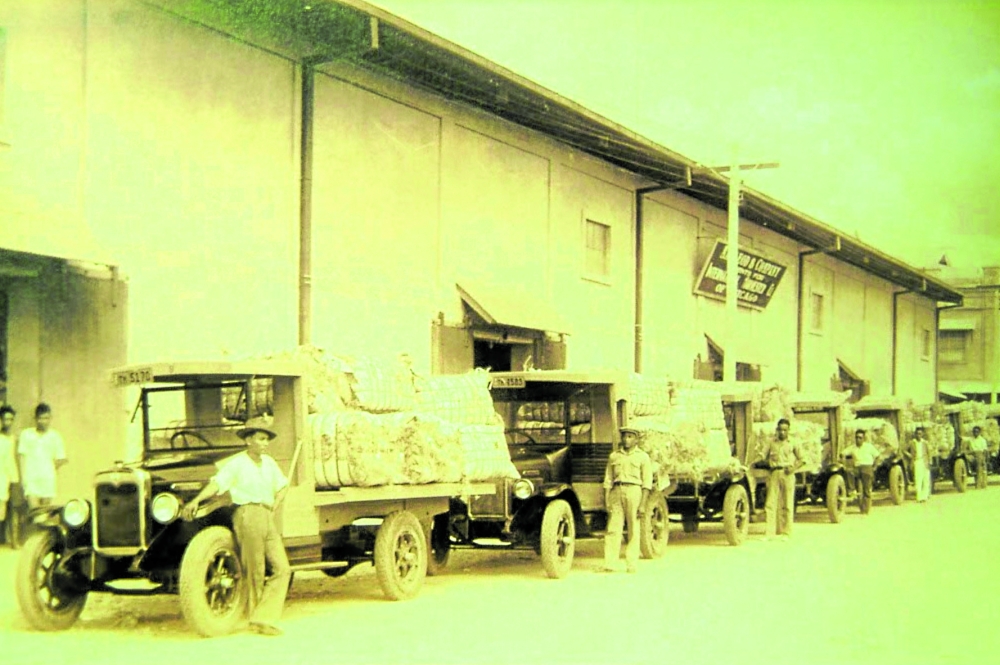
Although its business began in Ormoc City, Leyte province, AEV built its first office along Juan Luna Street in the heart of Cebu City.
It had also ventured into the shipping business, paving the way for domestic containerization in the Philippines via the country’s largest shipping fleet.
But as priorities shifted across the globe, AEV opted to exit the business in 2010 and focus on its core units.
More than a century since its founding, AEV has grown its empire from its early days in Cebu, planting its seeds in the power, real estate, infrastructure and food segments.
In a 2020 statement, AEV president and CEO Sabin Aboitiz recalls the major historical events that have shaped the company, from economic to public health crises: “The timing of our 100th anniversary this year (2020) is a fitting reminder to all of us that Aboitiz was built and strengthened over the course of a century, weathering many adversities and overcoming hard times.”
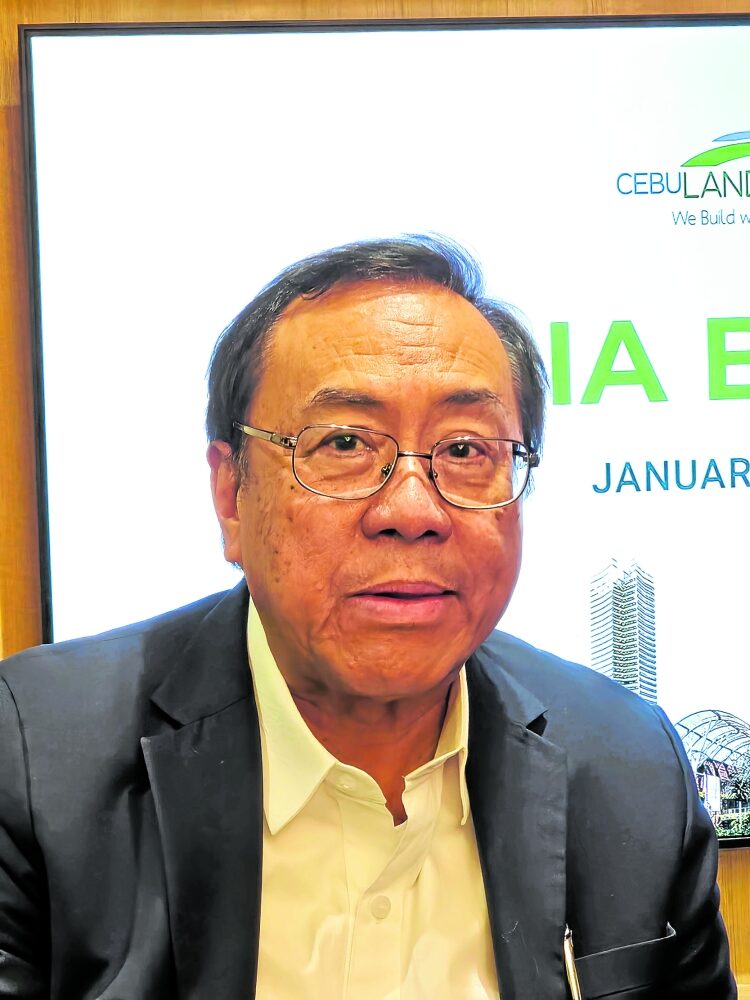
New flock
The exponential growth of these companies—now among the most influential conglomerates in the Philippines—has definitely inspired the next generation of business leaders.
In 2017, real estate firm Cebu Landmasters Inc. (CLI) proved that its home base was still ripe with potential and opportunities. The Visayas and Mindanao-focused developer is listed on the main board of the Philippine Stock Exchange, bracing itself for a massive expansion plan.
Not even a decade later, Soberano-led CLI has confirmed plans of venturing outside Visayas and Mindanao to the country’s largest island group, with Pasig City as its first location.

Now an P8.6-billion company, CLI has established another office in Makati City and 127 developments in the residential, office and hospitality sectors.
The local bourse also welcomed this year another company hailing from Cebu, fuel retailer Top Line Business Development Corp., whose share price has soared by more than fivefold since its listing.
While branching out into other markets is always a good step forward, Top Line CEO Erik Lim has his focus on taking advantage of Cebu’s potential.
“We’re still focused on Metro Cebu and Central Visayas because there’s still a lot of opportunities,” Lim says in an earlier interview with the Inquirer.














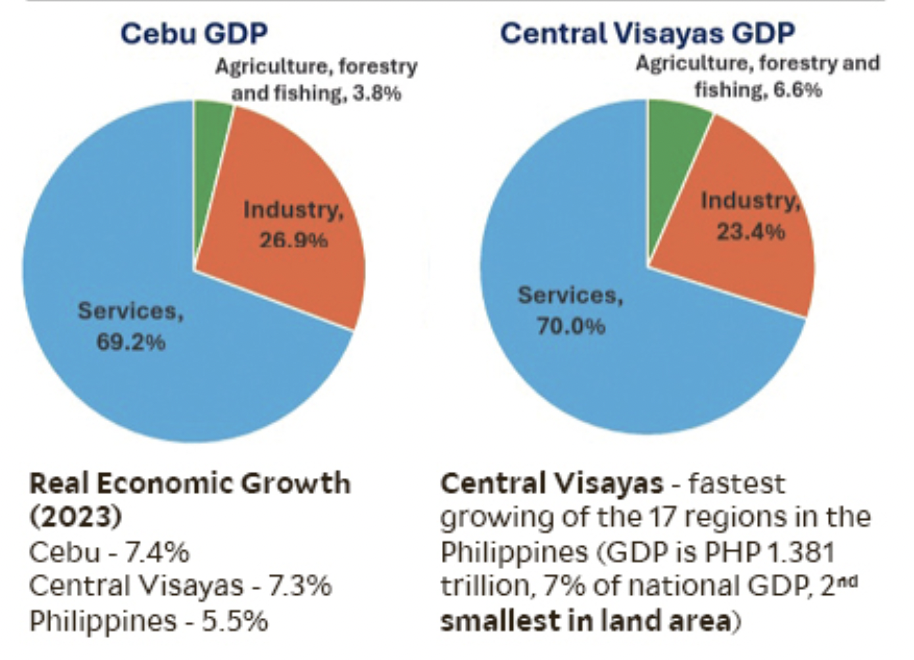


Succession, continuity in PH family firms